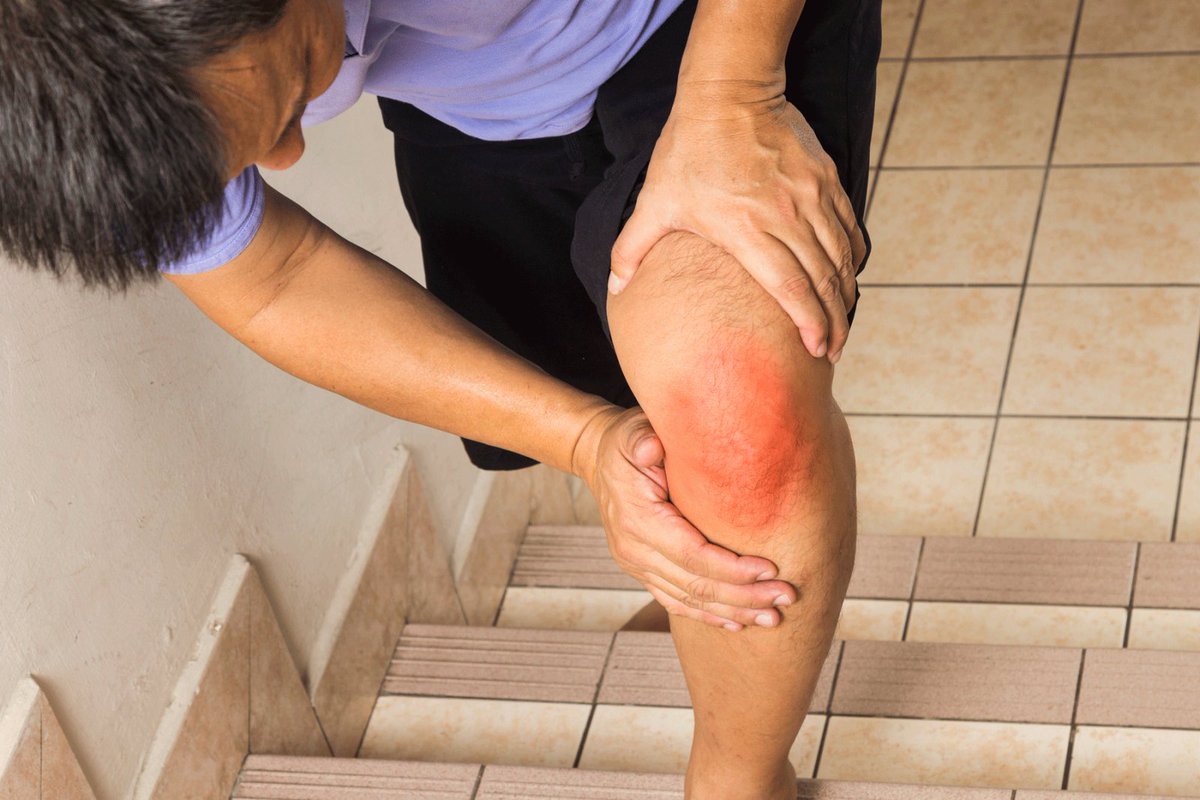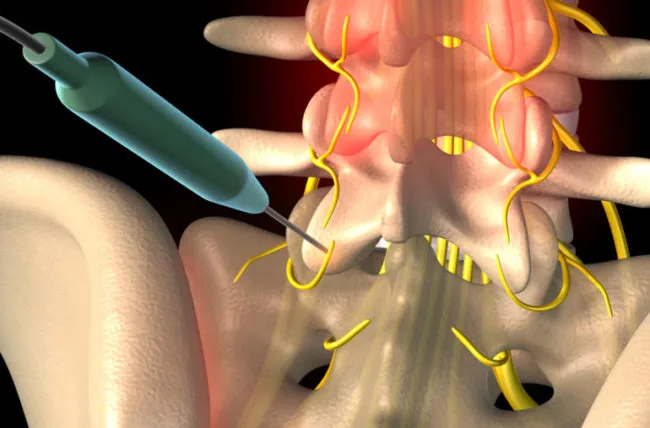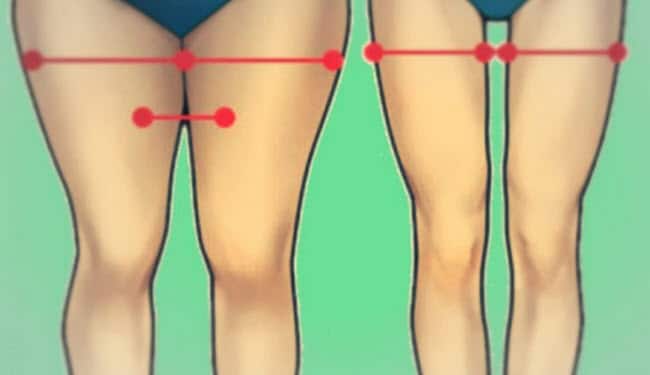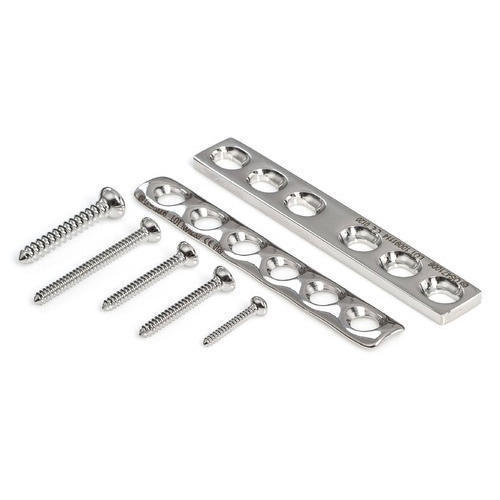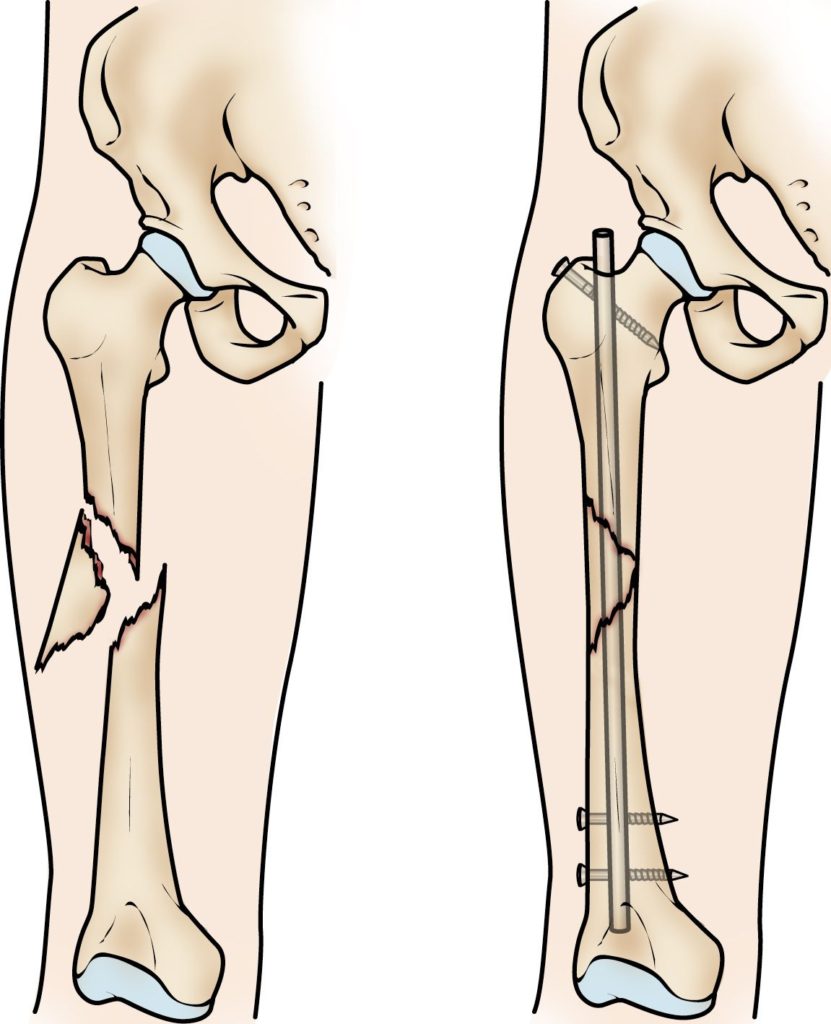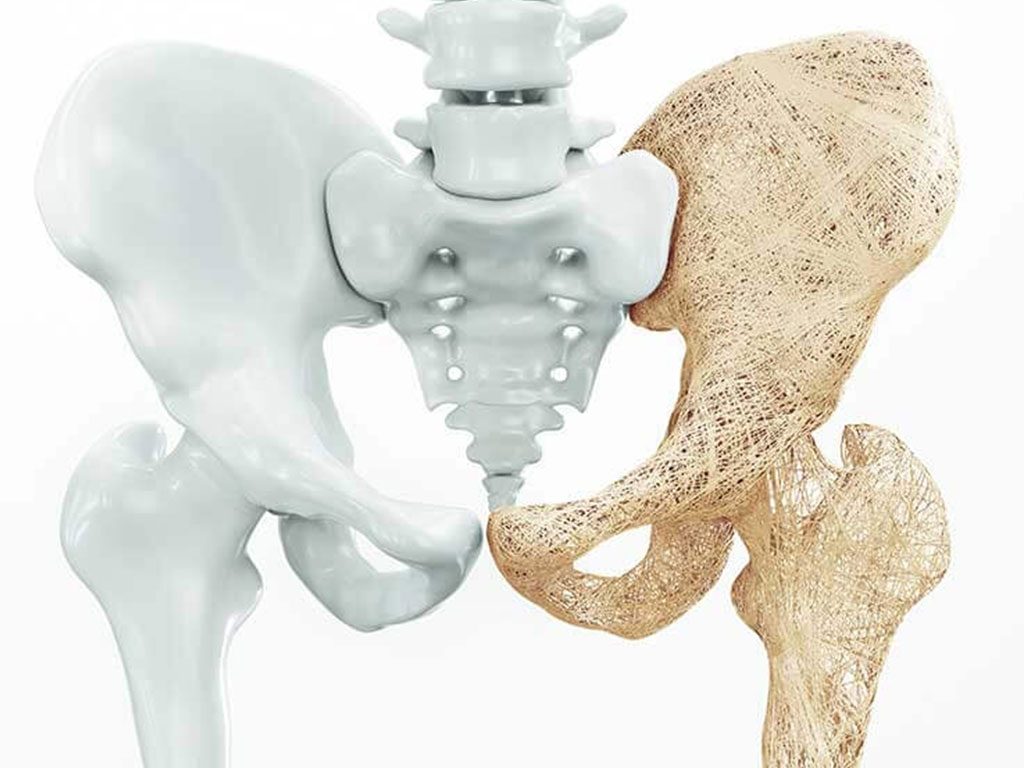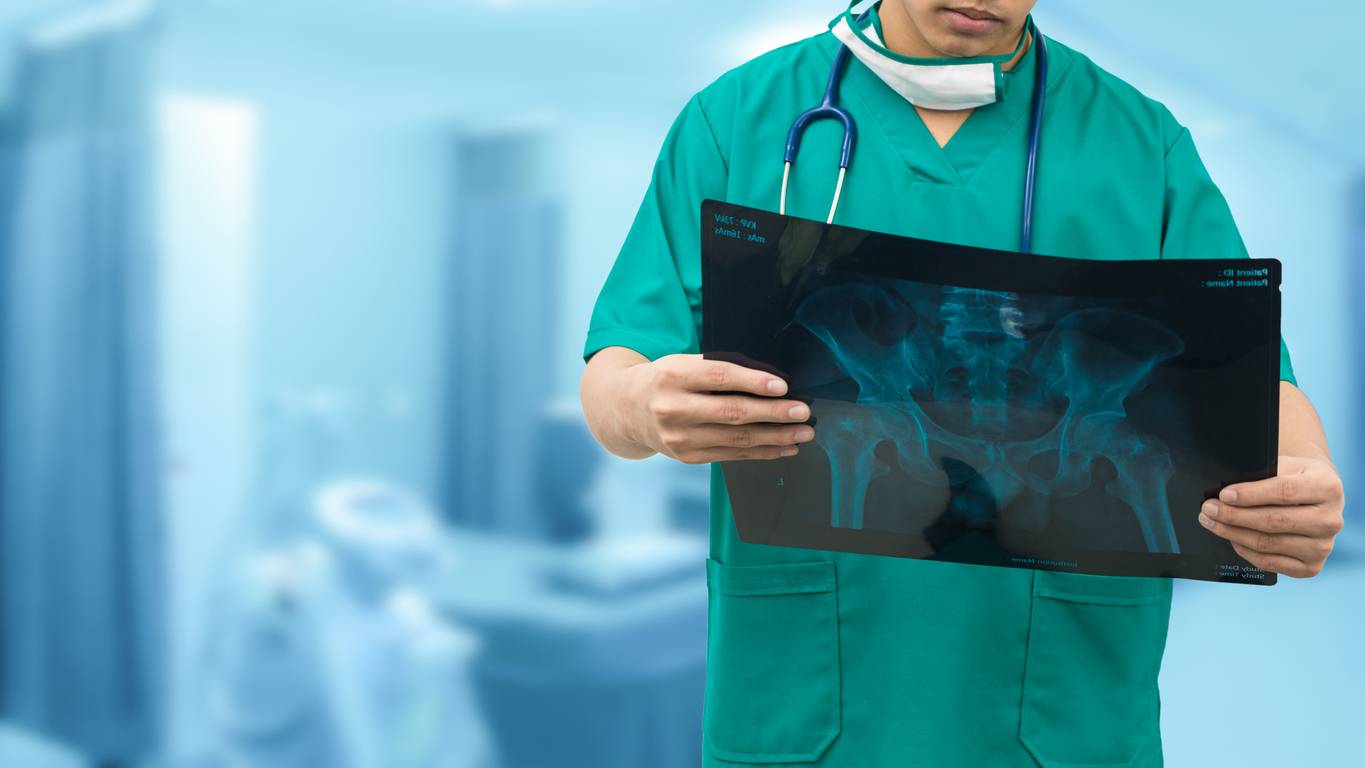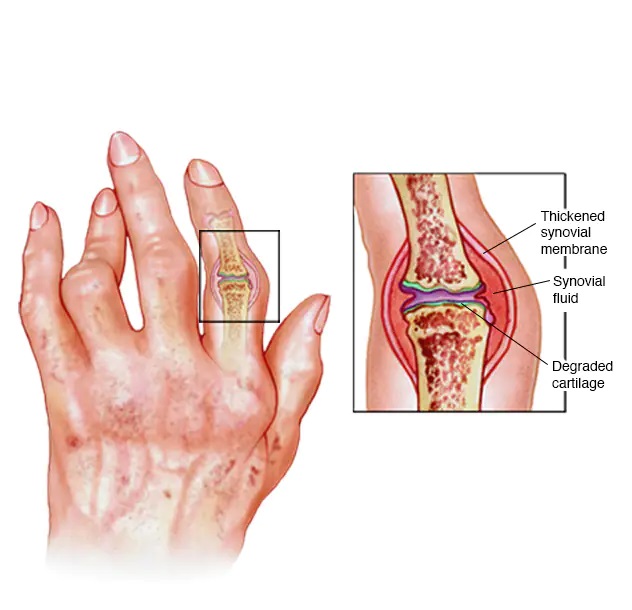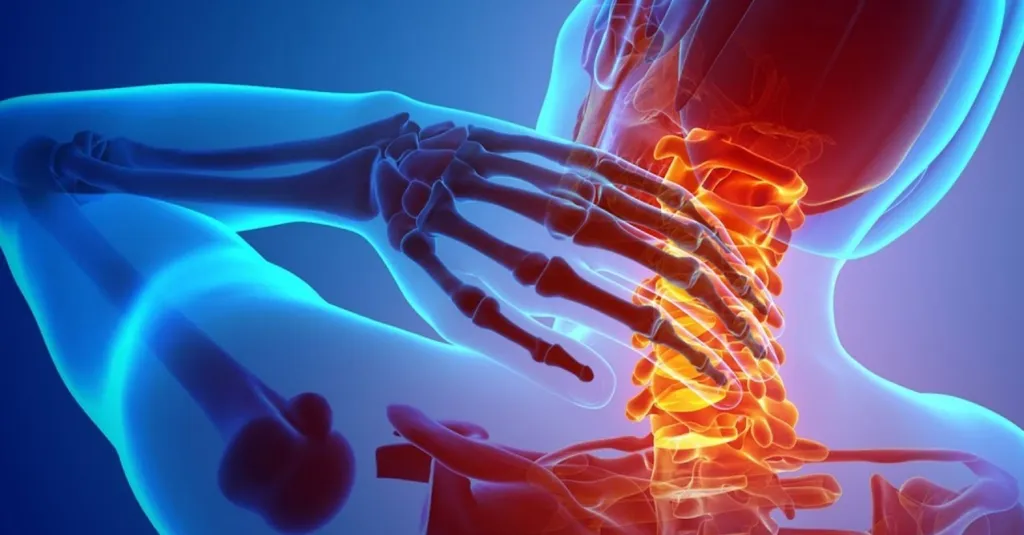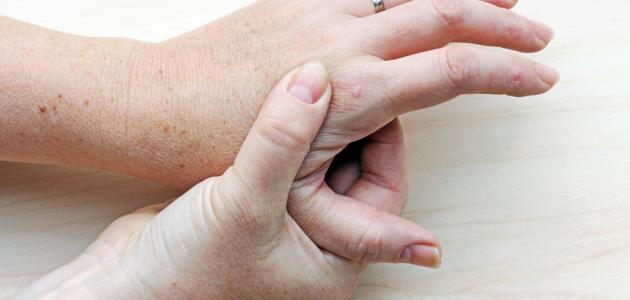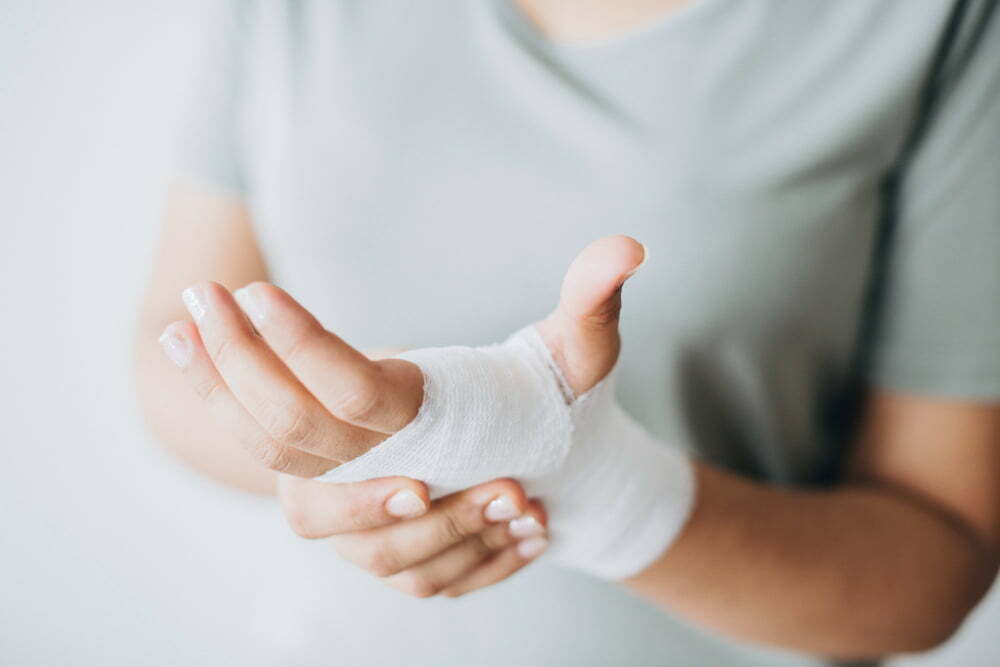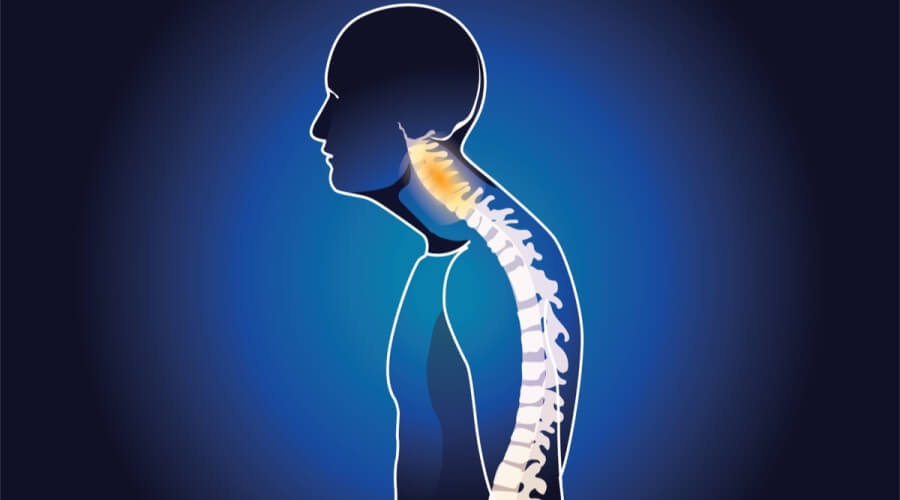!The best doctor for treating disc herniation in Egypt and its most important symptoms
Best doctor for treating slipped disc in Egypt, Slipped disc is one of the common injuries that many people are exposed to and the patient wants to deal with the best doctor who helps him get rid of the pain and improve his condition, and this is what we will help you reach in this article in addition to a lot of information related to the slipped disc process in general and its most important symptoms and its cost in Egypt.

Best doctor for treating slipped disc in Egypt
Dr. Amr Aml is distinguished as the best doctor for treating slipped disc in Egypt, as he provides high quality health care for his patients through limited non-surgical intervention. Dr. Amr Aml is known as one of the most efficient doctors in treating slipped disc cases with modern and innovative techniques. He is characterized by his unique style in diagnosis and treatment, as he has extensive experience in this field.
Dr. Amr Aml uses the latest methods and techniques to treat slipped disc, such as thermal frequency treatment and suction, without resorting to surgeries, which confirms his effectiveness and efficiency in healing. Dr. Amr Aml works to provide complete medical care for the patient, as he pays attention to the minute details in diagnosis and treatment, which makes him the ideal choice for treating slipped disc cases in Egypt.
Thus, Dr. Amr Aml is the appropriate doctor who provides hope and excellence by providing outstanding medical services to his patients, making him the first and best choice for treating slipped disc in Egypt.
What is a slipped disc
Slipped disc is one of the most common back problems, and it results from the spine’s vertebrae being exposed to a problem in the supporting cushions or resilient supports. Slipped disc causes severe pain that affects the lives of many people around the world, and its symptoms vary from person to person depending on the location of the slip. The most important causes of slipped disc are following unhealthy habits and hormonal changes.
Slipped disc is treated according to the degree of the condition, and treatment does not depend on surgery in all cases. It is divided into five basic degrees. Common symptoms of slipped disc include pain and numbness on one side of the body, pain that extends to the legs and feet, as well as severe pain in the back area and foot drop.
Discover the path to recovery from slipped disc with Dr. Amr Aml – the ideal choice for your back health.
Symptoms of slipped disc
The symptoms of slipped disc are persistent pain in the affected areas, such as the back, neck, chest and lumbar vertebrae. The symptoms may be concentrated in the fifth and sixth vertebrae in particular. Slipped disc can occur in any part of the spine, but lumbar slipped discs are characterized by the fact that they can cause stenosis in the spinal cord.
Here are some other symptoms that may be associated with a slipped disc condition:
- Severe leg pain: People with slipped disc may describe severe pain in the leg, which means that the slipped disc may affect the nerve roots in the area.
- Numbness in the legs or feet: It is likely for people suffering from slipped disc to feel numbness in the legs or feet, which results from pressure on the nerve roots.
- Muscle weakness: People with slipped disc may suffer from muscle weakness in the legs or feet, which may affect their ability to perform daily activities.
- Limited or weak movement: The person with slipped disc may feel weakness in movement, which means they may find it difficult to perform some movements.
- Neck pain: People with slipped disc may have neck pain, which can worsen when they make certain movements such as bending or twisting.
- Hip problems: If symptoms begin in the pelvic and hip area, these problems may indicate the presence of slipped disc in this area, where bone erosion can occur causing difficulty in movement and pain.
In general, people who experience any of these symptoms should see a doctor for the necessary tests and determine the appropriate treatment. It is advisable to avoid strenuous back activities and exercise regularly, and consult a specialist if any new symptoms occur.
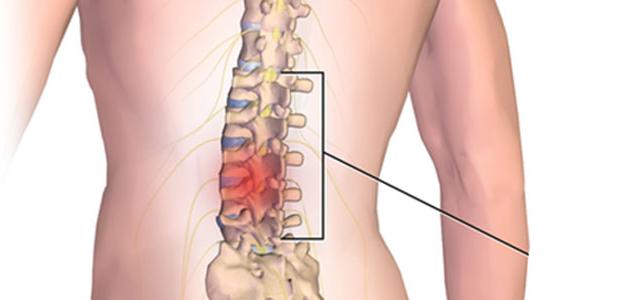
How can a slipped disc be diagnosed?
Accurate diagnosis of spinal disc herniation is one of the main steps to complete effective treatment. The diagnosis begins by studying the patient’s medical history, where obesity and smoking are factors associated with an increased risk of this disease. Examining the nervous system and muscle strength in the affected area leads to assessing the severity and type of injury. Some symptoms such as back pain and numbness in the legs or feet are strong evidence that the patient has a slipped disc.
The methods used in diagnosis include diagnostic radiology, including x-rays, MRI, and CT scans, where the location of the injury and degree of risk can be identified through these rays. Some recommendations should be followed to prevent slipped disc, such as avoiding lifting heavy weights and maintaining a healthy weight. Immediate medical examination is assumed if any symptoms indicating slipped disc are felt.
Dr. Amr Aml: Innovative solutions and effective treatment for slipped disc, for a pain-free life.
How to deal with slipped disc
Slipped disc is one of the diseases that affects many people of all ages. This disease can cause pain and a feeling of weakness in the lower limbs, and in severe cases it may cause loss of consciousness.
In the following lines, we will talk about how to deal with slipped disc in 10 steps, so that the patient can get the necessary treatment to relieve pain and feel comfortable.
Step 1: Listen to the patient’s complaint: Diagnosing slipped disc begins with the doctor listening to the patient’s complaint, where he listens to the symptoms the patient is feeling and identifies the causes of the pain.
Step 2: Check family history: The doctor should check the patient’s family history in terms of spinal diseases, as any previous diseases may have a role in causing slipped disc.
Step 3: Medical examination: The doctor should conduct a clinical examination of the patient, in order to determine the extent of pain and confirm the presence of slipped disc.
Step 4: Maintain good posture: The patient must maintain good posture, as good posture reduces pressure on the vertebrae and discs of the spine.
Step 5: Maintain straight back: The patient must maintain a straight back, especially when sitting, as this helps reduce pressure on the spine and improve its condition.
Step 6: Place warm or cold compresses: The patient can place warm or cold compresses on the painful area, as they help relieve pain and swelling. This is done by placing an ice pack or warm towel on the painful area.
Step 7: Follow a healthy diet: Patients with slipped disc are advised to follow a healthy diet, as this helps improve their overall health.
Step 8: Do muscle exercises: The patient’s commitment to practicing strong and medium muscle exercises, as these exercises help improve back muscle strength and reduce pressure on the vertebrae.
Step 9: Perform nerve release exercises in the lower back: The patient can perform nerve release exercises in the lower back, as these exercises help reduce pain in the lower back area.
Step 10: Massage therapy: The patient can take care of massage therapy
Here is the continuation of the English translation:
When is surgery needed for slipped disc?
Surgery for slipped disc is usually only recommended when conservative treatments have failed and the condition is more severe. Specific indications that may require surgery include:
– Persistent or worsening nerve compression causing muscle weakness, numbness, or loss of bowel/bladder control
– Unbearable radicular pain down the leg that continues despite extensive nonsurgical treatment
– Presence of foot drop or cauda equina syndrome from nerve impingement
– Significant narrowing of the spinal canal seen on MRI due to large disc herniation
– Slipped disc accompanied by spinal instability or deformity
– Multiple recurrent disc herniations or extruded fragments compressing nerves
The main surgical procedures are discectomy to remove the protruding portion of the disc and spinal fusion to permanently stabilize the vertebrae. The recovery process after surgery can be lengthy. Surgery aims to relieve pain and prevent permanent nerve damage.
Consult an experienced spine specialist to determine if surgery is the right option. Nonsurgical treatment is effective for most slipped disc cases. Surgery is considered when conservative measures have been exhausted without improvement.
When does a doctor resort to surgery in case of a herniated disc?
Herniated disc is considered one of the common diseases that many people suffer from. Usually the person suffers from persistent pain in the lower back area as well as numbness in the legs or feet and muscle weakness. In the event of the emergence of these symptoms, the patient must consult a specialist doctor to determine the cause and develop an appropriate treatment plan.
If it is confirmed that the pain is caused by a herniated disc, a specific medication prescribed by a specialist can be tried. In case there is no improvement after the aforementioned treatment, and if the condition is advanced, surgery is the best solution to remove the disc and remove the slipped part that causes pain and pressure on the nerve roots, and the doctor performs the surgery through a small incision through which he reaches the vertebrae, and modern methods can be used. Surgery may also be the only solution in advanced cases of herniated discs, where the surgeon needs to remove the entire spinal disc.
The decision for surgery is made based on the patient’s condition, the progression of the disease and their general health status, and usually surgery is resorted to when it is confirmed that medical and physiotherapy treatment has not led to significant improvement in the condition, and when the patient suffers from severe pain and weakness in the muscles or severe numbness in a specific area of the body.

Cost of herniated disc surgery in Egypt
Herniated disc is one of the common health problems that affect many people in Egypt. The cost of herniated disc surgery in Egypt ranges between 50,000 to 100,000 Egyptian pounds, and these prices vary according to several factors such as the doctor’s experience and hospital fees and the type of surgery to be performed. Genetic factors also influence the cost of the operation, and there are also several types of operations that can be used to treat a herniated disc, so it is important to carefully choose the doctor and hospital to ensure positive results.
Say goodbye to back pain with Dr. Amr Amel – a herniated disc specialist trusted by thousands.
Is herniated disc dangerous?
Herniated disc is a common medical condition that causes many annoying symptoms, but it can be easily controlled if diagnosed early and properly treated. However, in some cases, a herniated disc becomes dangerous when it compresses the spinal cord or spinal nerves, which leads to a variety of symptoms, including pain, numbness, tingling, and weakness.
Not treating a herniated disc quickly and properly can lead to permanent nerve damage affecting one or more nerves, which can cause feelings of pain and burning sensation in the limbs. A herniated disc goes from just a normal medical condition to a dangerous one as the situation progresses without proper treatment. It can be treated with painkillers and exercise or with surgery if there is no improvement. Therefore, early detection of a herniated disc and proper treatment are recommended to avoid many annoying and dangerous symptoms and pain.
A pioneering herniated disc treatment experience with Dr. Amr Amel, where science and care come together for amazing results.
What should a herniated disc patient avoid?
Herniated disc patients must pay attention to many things to prevent worsening of their condition and avoid uncomfortable symptoms they feel. These patients can do the following:
- Avoid too much bed rest: It is necessary to avoid too much bed rest and long periods of sitting as this can lead to increased back pain and reduced fitness.
- Sit properly: Patients should sit properly and avoid incorrect sitting positions. Placing a pillow under the back helps maintain proper body position.
- Practice safe exercises: It is advisable to practice some safe exercises such as cobra pose stretching which helps strengthen the strong lower back muscles.
- Stand upright: One should stand upright and avoid leaning the neck forward for long periods, raising the phone or mobile devices upwards to avoid muscle cramps.
- Avoid vertical chair position: Pay attention to avoiding the vertical position of the chair and tilt it slightly so as to maintain the hollow or curvature in the lower back, so that the pressure on the upper part is on the upper part.
- Do not take too many painkillers: Stay away from taking too many painkillers, unless prescribed by a doctor, as this increases the risk of worsening the patient’s condition.
- Avoid excessive exertion: Reduce excessive exertion that causes muscle fatigue, increased spinal pressure, and worsening symptoms.
How does a herniated disc patient sleep?
Herniated disc is one of the common spinal diseases, which has a negative impact on the lives of those affected, especially in sleep. With a herniated disc, patients suffer from pain, whether in the neck or back, which makes sleeping a difficult matter, especially in cases of acute pain.
Medical studies recommend that the appropriate sleeping position after a person is affected by a herniated disc in the neck is sleeping on the back, with a medium pillow to help achieve optimal comfort. In addition, a pillow can be placed between the knees in order to reduce pressure on the spine, and herniated disc patients in the neck can also follow the position known as the “fetal” position which is bending the knees towards the chest, to also help reduce pressure.
One of the important things that those affected by this type of herniation must do is the necessity of placing a paper under the waist, in order to maintain the coherence of the spine and reduce the pressure on it, in addition to the need to avoid lying on the stomach. The quality of the pillow used should also be considered, which is preferably medium high, so that it maintains the balance of the head and spine during sleep.
Following these useful medical recommendations can help relieve herniated disc pain and facilitate sleep for those affected by this disease. Other things to consider are performing certain exercises to strengthen the muscles in the spine, which can also help reduce herniated disc pain.

How long does herniated disc treatment take?
It is known that herniated disc injury causes a lot of pain and fatigue, and recovery time varies from person to person, depending on the degree of injury, the type of treatment used in treatment and the extent of response to it. Usually, herniated disc treatment takes four to six weeks, and signs of healing may appear in some cases within a few days of starting treatment.
After the herniated disc healing period, normal activity is gradually resumed, and recovery may take 4-6 weeks for the disc to heal, regain vitality and normal body movement. During the treatment period of the herniated disc, the patient should not lift heavy objects or sit incorrectly, so as not to increase the pain and deteriorate the condition further.
It should be noted that the healing period from a herniated disc may vary from person to person depending on the symptoms and the extent of the injury the patient is suffering from. In some cases, recovery from a herniated disc operation may take about 3 to 4 months, and sometimes recovery is faster, with pain, numbness and weakness improving within a few weeks of starting treatment.
Regain your vitality with advanced herniated disc treatment
Recover smoothly with expert care from Dr. Amr Amel, a leading herniated disc specialist.

